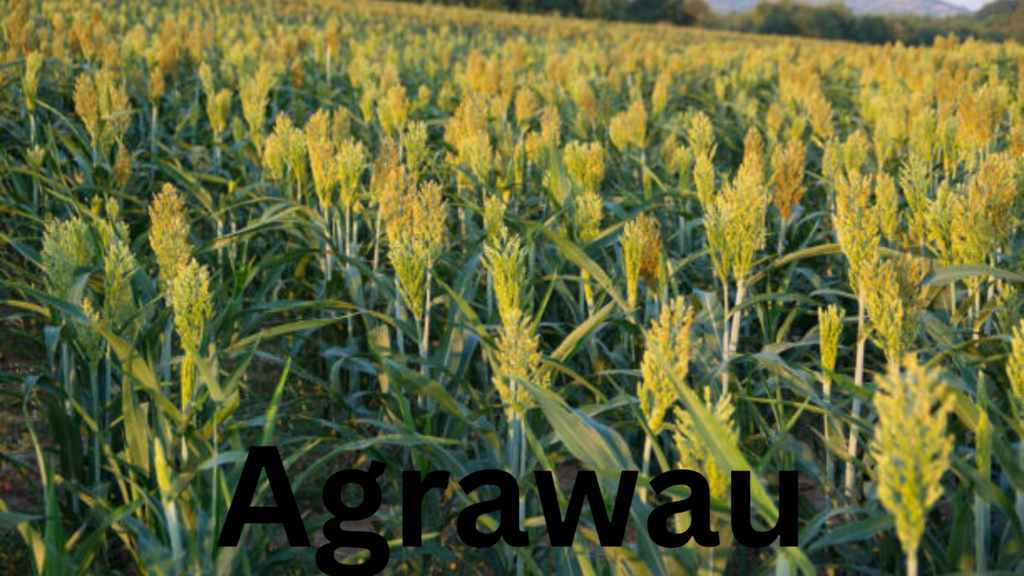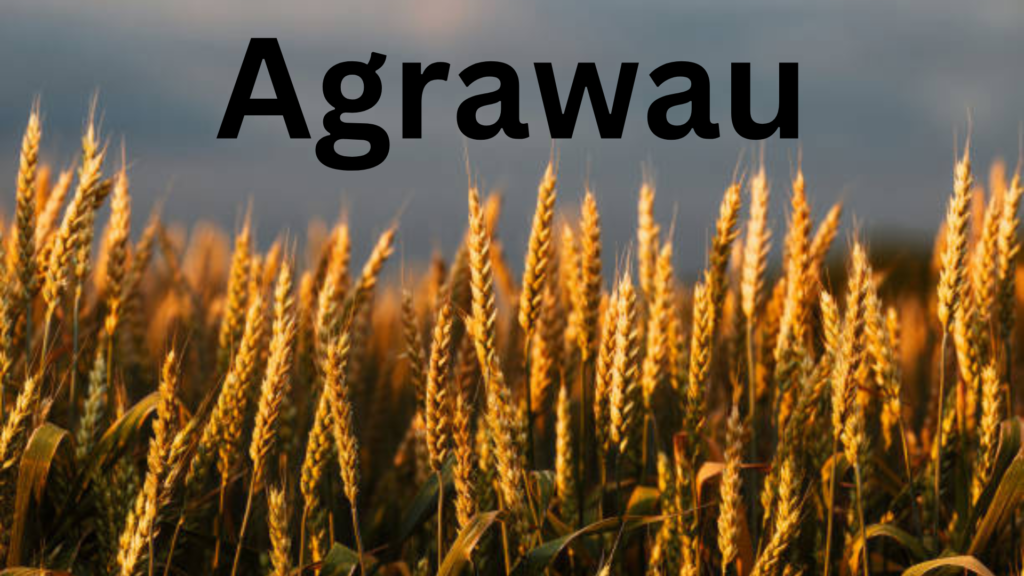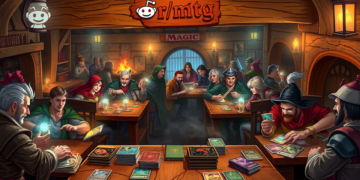Agrawau represents a community with deep historical roots and a vibrant cultural heritage. Originating in northern India, the Agrawal community, often associated with agrawau, is renowned for its business acumen, entrepreneurial spirit, and philanthropic endeavors. This article explores the origins, cultural significance, and contemporary relevance of agrawau, offering a comprehensive view of their journey through time.
Origins and Historical Significance
The history of agrawau is intertwined with the legend of Maharaja Agrasen, a revered figure from the Treta Yuga. Agrasen believed to be an incarnation of Vishnu, is considered the progenitor of the Agrawal community. The name “Agrawal” derives from “Agroha,” an ancient city in present-day Haryana, India, where the community’s roots are believed to have originated.
Agrasen’s legacy includes the establishment of a prosperous kingdom founded on principles of equality and welfare. Under his rule, Agroha became a hub of commerce and trade, fostering the community’s association with business and economic leadership.
Subdivisions Within Agrawau
The agrawau community’s structure is defined by various subdivisions that highlight lineage, tradition, and family heritage:
- Gotra: This is the most significant subdivision, based on the ancestral lineage traced back to specific sages (rishis). The community identifies 18 primary gotras.
- Pravara: This classification focuses on the number of sages associated with each gotra, signifying their historical connections and rituals.
- Kula: Representing individual clans or families, this subdivision emphasizes the importance of family lineage within the community.
These distinctions play a vital role in preserving traditions, especially in matrimonial alliances, ensuring the continuity of their rich heritage.

Cultural Practices and Traditions
Agrawau is characterized by its deep-rooted cultural practices and religious observances. Predominantly following the Vaishnava tradition, many members also embrace Jainism and Sikhism, reflecting the community’s pluralistic ethos. Key cultural elements include:
- Festivals: Major Hindu festivals such as Diwali, Holi, and Janmashtami are celebrated grandly. The community also commemorates Agrasen Jayanti, honoring Maharaja Agrasen’s contributions.
- Philanthropy: Upholding the values instilled by Agrasen, the Agrawal community actively participates in charitable activities and establishes institutions that benefit society.
- Social Customs: Traditional values emphasizing unity, respect, and family bonding are integral to their way of life. These customs ensure that Agrawal’s legacy continues to inspire generations.
Contemporary Relevance of Agrawau
The agrawau community has emerged as a driving force in India’s economic, social, and political landscape. Members of this community have excelled in diverse fields, showcasing their versatility and leadership qualities.
Notable Personalities
Several prominent figures exemplify the community’s contributions to society:
- Lakshmi Mittal: ArcelorMittal’s Chairman and CEO, a global steel production leader.
- Sunil Mittal: Founder and Chairman of Bharti Enterprises, renowned for innovations in telecommunications.
- Gautam Adani: Visionary leader of the Adani Group, with ventures in infrastructure, energy, and logistics.
- Sajjan Jindal: Head of JSW Group, pioneering advancements in steel and energy sectors.
Their achievements underscore the enduring spirit of agrawau in fostering innovation and progress.
Read Also : Winter Weather Advisory Issued for Northern Minnesota and Northwest Wisconsin.

Conclusion
The legacy of agrawau is a testament to resilience, dedication, and community values. From its origins in Agroha to its present-day contributions, the community’s journey reflects a harmonious blend of tradition and modernity. With a commitment to excellence and a focus on societal well-being, agrawau continues to inspire and influence the world.



























Comments 1